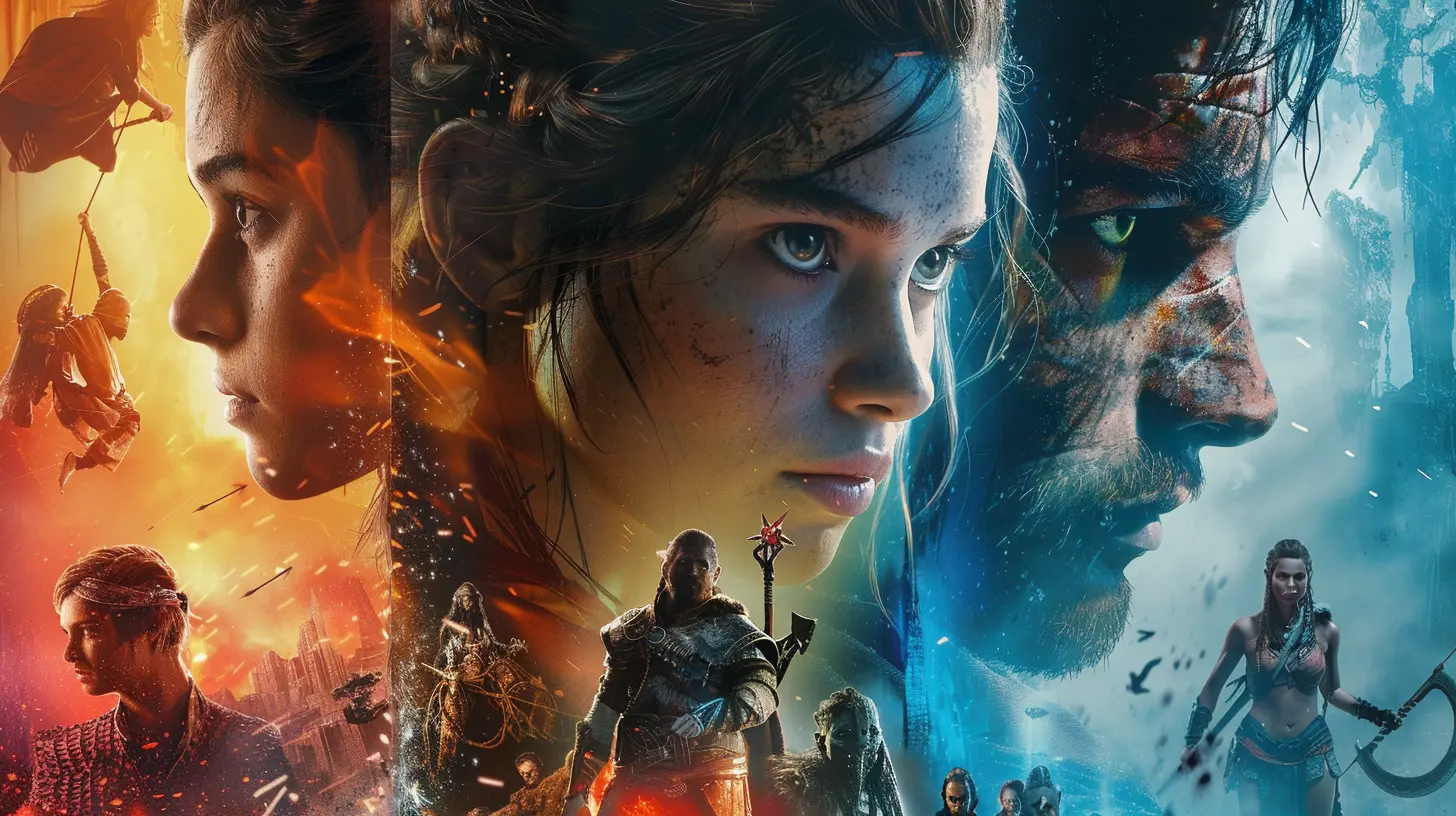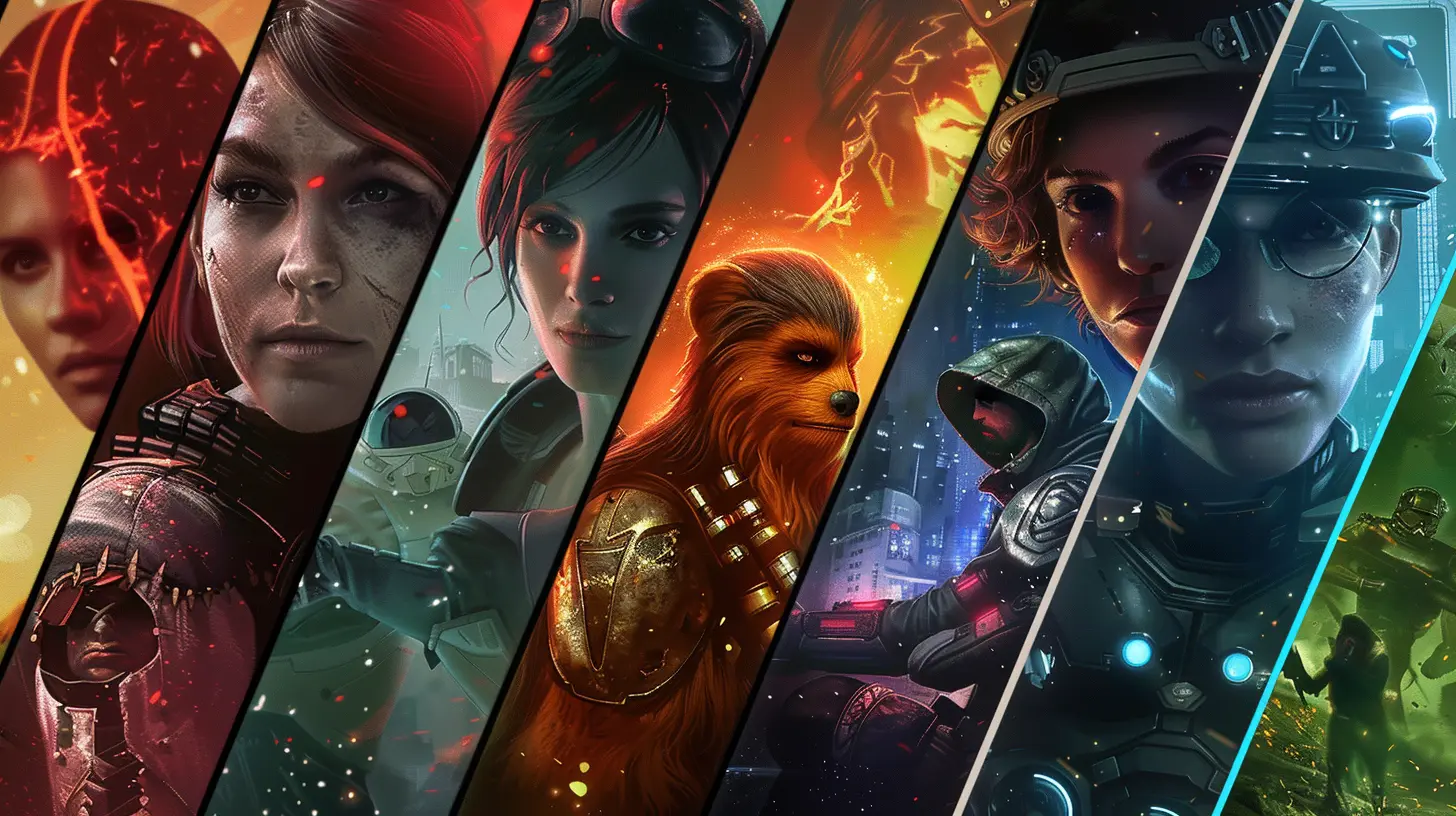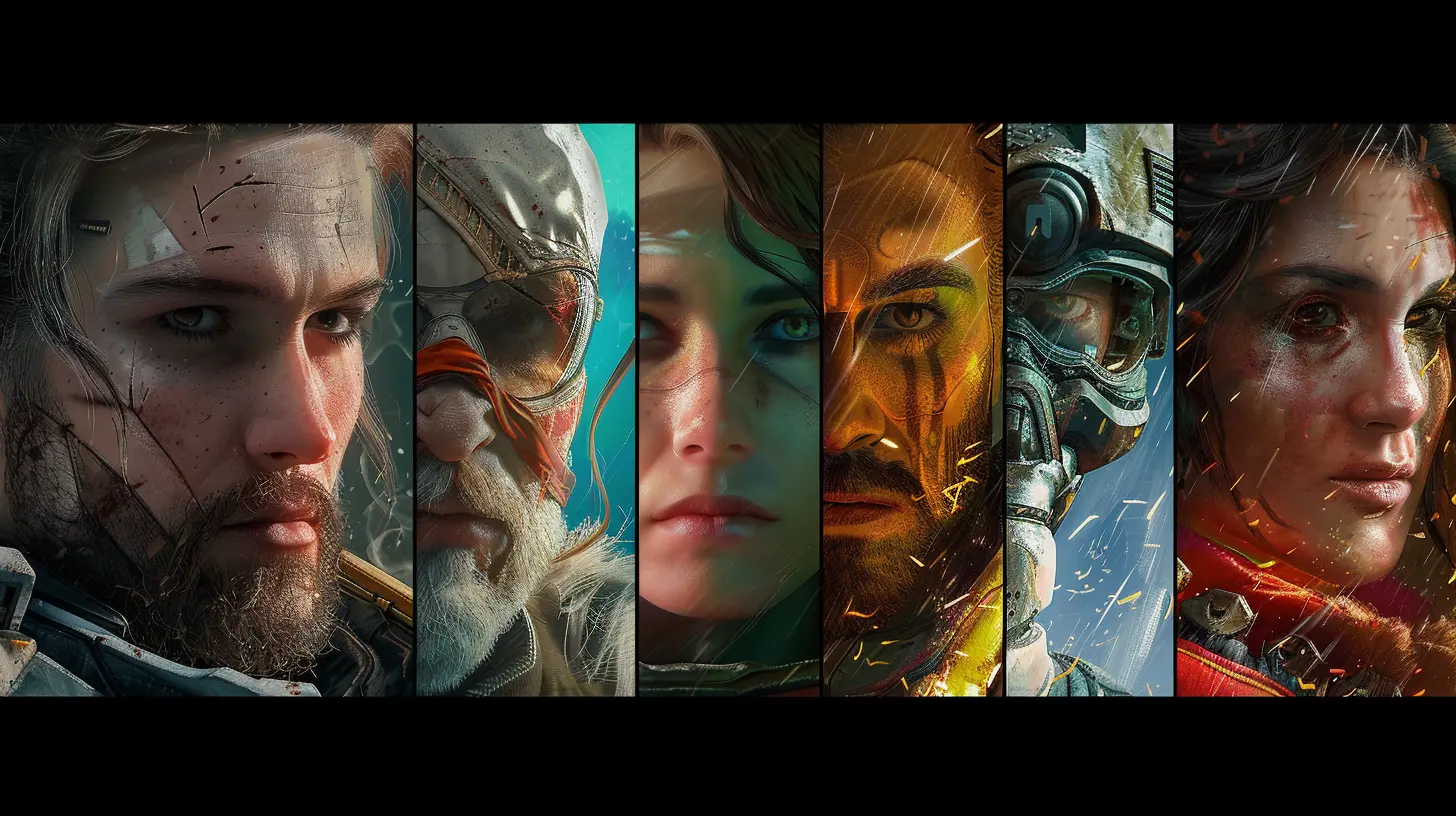The Evolution of Categories in Game Awards
13 September 2025
Okay, let’s talk about something that’s been bugging gamers for years. You’ve played the game (you know the one), you’re hyped because it’s release of the year—until the game awards season rolls around and your beloved masterpiece is shoved into a category like "Best Sound Design That Sounds Like My Microwave." Seriously? What even is that?
Game awards have come a long way from a modest handshake and a “Good job, buddy!” to full-blown ceremonies with dramatic stage lighting, cringe-worthy hosts, and orchestral renditions of The Legend of Zelda soundtrack. But one thing that's evolved more chaotically than my decision-making in RPGs? The award categories. Oh boy, it’s been a ride.

The Birth of Game Awards: When Simplicity Was King
Back in the simpler days—like the 1980s and '90s—game awards were basically like your childhood soccer league. Limited categories, everyone got a metaphorical medal, and the competition was low-key adorable. Think "Best Game of the Year," "Best Graphics," and "Most Innovative Game." That was it. Plain vanilla categories—hardly a sprinkle in sight.But hey, don’t come for the OGs. Back then, it was revolutionary. In an era when pixelated plumbers and 2D hedgehogs were our lifeblood, no one needed a "Best Metaverse Experience" award to feel validated. People just liked good games. Wild concept, right?

The 2000s: When Things Got… Complicated
Fast forward to the early 2000s, and the industry was like, “Hold my Mountain Dew, we need more categories!” Suddenly, you’ve got stuff like "Best Console Game," "Best PC Game," and "Best Handheld Game." You know, just in case we needed to draw a distinct line between clicking a mouse and mashing buttons on your Game Boy.Oh, and let’s not forget the rise of genre-specific awards. "Best Action Game," "Best RPG," "Best Sports Game"—it was like the Oscars had a baby with your local video rental store. You didn’t need to care about half the categories unless you were really into sports sims or niche JRPGs. (Looking at you, Disgaea fans.)
But still, it was manageable. Kind of like playing the tutorial level in Dark Souls. It was tougher than before, but you could still keep up.

The Explosion of Weirdly Specific Categories
Enter the 2010s, and things got seriously bonkers. The era of indie games and instant streaming meant EVERYONE had a game to throw into the ring. Naturally, this meant creating some… let’s call them creative award categories to make sure every title felt special."Best Indie Game?" Sure, makes sense. But then you start seeing stuff like "Games for Impact." What even is that? Is it about tugging at heartstrings? Making players cry harder than when Aerith died? If so, just hand every trophy to Life Is Strange and call it a day.
And don’t get me started on "Best Ongoing Game." Translation: Games that keep milking your wallet with microtransactions while you somehow still love them. Fortnite, Apex Legends, we’re looking at you.
Also, somewhere along the way, "Best Art Direction" became an actual thing. Because apparently, “looking cool” now needs its own moment in the spotlight. And to be fair, when you’ve got games like Cuphead and Hollow Knight flexing their artistic muscles, it kind of makes sense. But still, wouldn’t that just be covered under general praise for visuals? No? Okay then.

The “E-Sports” Takeover
Ah yes, the elephant in the room. The rise of e-sports turned game awards into something resembling a fantasy football draft. Now we’ve got "Best E-Sports Player," "Best E-Sports Team," "Best E-Sports Coach," and—wait for it—"Best E-Sports Event." Seriously, who decided we needed this?Look, I get it. E-sports is huge. Watching pros pull off headshots in CS:GO is legitimately awe-inspiring. But at some point, game award shows started feeling like a cross between a gaming convention and a reality TV finale. If we're gonna go all-in, why not add "Best Rage Quit in a Competitive Match"? Now that I’d watch.
The Era of Accessibility and Representation
On a more serious note, the late 2010s and early 2020s brought some much-needed categories to highlight gameplay experiences traditionally overlooked. Awards like "Innovation in Accessibility" recognize developers who go above and beyond to make games playable for everyone—because gaming is supposed to be for all of us, not just those born with the reflexes of a caffeinated squirrel.Similarly, representation in gaming became a focus, with categories and conversations highlighting diverse characters and storytelling. Finally, something we can all agree is worth celebrating! (Unlike the unholy war over which Super Smash Bros. character belongs in the meta.)
Modern Day: Too Many Categories, Too Little Patience?
In 2023, gaming categories have reached a saturation point that’s honestly kind of overwhelming. It’s like that one friend who orders a grande triple-shot caramel mocha latte with oat milk and a hint of cinnamon—just pick something already! Do we really need awards like "Best Multiplayer," "Best VR/AR Game," "Best Mobile Game," "Most Anticipated Game," AND "Player’s Voice"?On one hand, these categories do help us celebrate the crazy variety gaming now offers. From hyper-realistic AAA blockbusters to cozy farming sims with anthropomorphic animals, there’s something for everyone. But on the other hand, watching the ceremony takes longer than completing a side quest in a Persona game. And let’s be real: most of us just Google the winners the next day anyway.
What’s Next? Awards for the Best Loading Screen?
With game awards categories multiplying like rabbits, it’s hard not to wonder where this is heading. Are we going to see "Best Speedrun Community" or "Best DLC That Isn’t Just a Cash Grab"? Should there be a "Best Game That Made Me Yeet My Controller in Frustration" award? Because if so, I vote Elden Ring.The truth is, while the constantly expanding list of categories might get a little absurd, it’s also a reflection of how far gaming has come. What started as a niche hobby for basement-dwelling nerds (and I say that lovingly because I am one) has grown into an industry worth billions, with something for everyone. From hardcore gamers to casual mobile players, there’s a slice of the pie for all of us—even if it means sitting through an award show that’s longer than Return of the King.
Conclusion: Love It or Hate It, the Categories Aren’t Going Away
The evolution of categories in game awards is like a sprawling RPG—messy, unpredictable, and sometimes downright confusing. But it’s also part of what makes gaming culture so awesome. It’s a celebration of our favorite pastime in all its glorious, chaotic forms.Sure, we’ll roll our eyes at some of the ridiculous categories (cough "Best Debut Indie Game" cough), but at the end of the day, we’ll still argue about the winners on Twitter. And isn’t that the true spirit of gaming? Complaining loudly while secretly loving every second of it.
all images in this post were generated using AI tools
Category:
Game AwardsAuthor:

Leif Coleman
Discussion
rate this article
1 comments
Henry McGillivray
Great insights! It's fascinating to see how game award categories reflect the industry's growth.
September 25, 2025 at 4:44 PM

Leif Coleman
Thank you! I'm glad you found it insightful. The evolution of award categories truly showcases the dynamic nature of the gaming industry.


